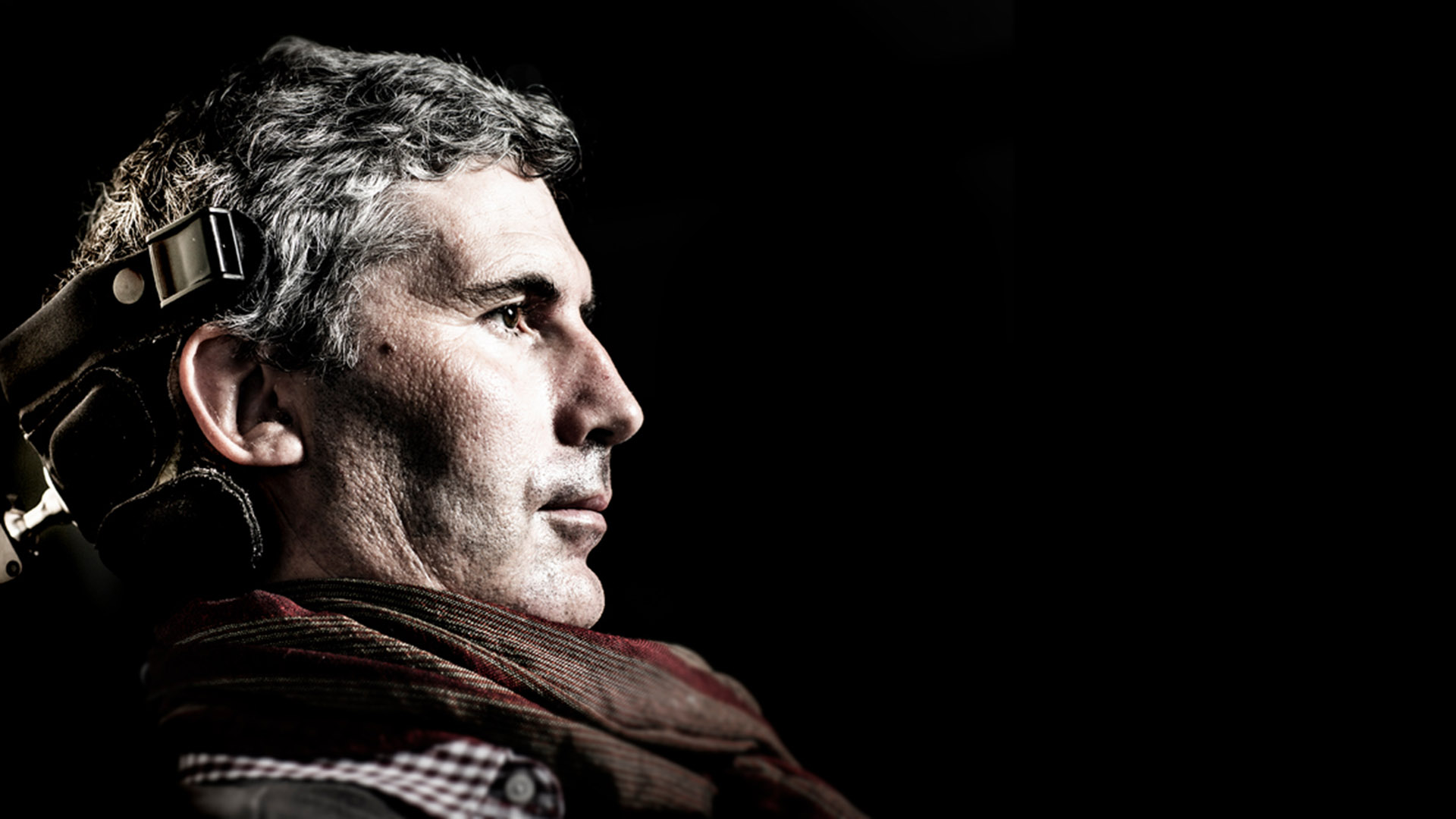December 4, 2019
Justin Yerbury launches Motor Neurone Disease Research Appeal
Donations will fund research into a treatment for MND
The University of Wollongong 2019 Motor Neurone Disease (MND) Research Appeal launches today, Wednesday 4 December, raising funds to support the work of Professor Justin Yerbury and his research group at the Illawarra Health and Medical Research Institute (IHMRI).
Since the start of 2018, more than $180,000 has been donated to help fund Professor Yerbury’s research through a variety of events and community fundraising activities, including last year’s MND Appeal. Donations have come from all over Australia and several overseas countries.
MND causes progressive degeneration of motor neurones in the brain and spinal cord. People with the disease progressively lose the use of their arms and legs, their ability to speak, swallow and breathe.
Approximately 2000 Australians are living with MND. From diagnosis, their life expectancy can be counted in years or even months.
In May 2016, Professor Yerbury was diagnosed with MND. The disease has claimed the lives of his uncle, cousin, grandmother, aunt, mother and sister.
Professor Yerbury now requires an electric wheelchair to get around, needs a ventilator to help him breath, and communicates by lip reading and using voice software coordinated by eye-gaze on his laptop computer. Nonetheless, he continues his world-leading research into neuro-degeneration and MND, searching for a treatment for the, as yet, incurable disease.
Later today, he will present his research in an address to the 30th International Symposium on ALS/MND in Perth.
“One of the biggest hurdles in finding a treatment and a cure for MND is effectively delivering drugs to the affected neurons in the brain,” Professor Yerbury said.
“We have discovered a way to increase the chances of gene therapy treatments working by crossing the blood-brain barrier. We have also identified and tested a wide range of potential new drugs and gene therapies. None of this would have been possible without generous and ongoing donations to our research.
“Every donation counts. We would not be able to do the work that we do without this community support; it’s just as important as an extra person in the lab.
“Without philanthropic support we would have to forgo certain experiments and tools, which would limit our scope and impact. Essentially, our research would grind to a halt.”
Professor Yerbury says his team’s next step is to obtain data using the high-powered Titan Krios microscope, which will be installed in Molecular Horizons at UOW’s Wollongong campus, to help learn how to slow the disease.
“Every single contribution can enable a vital part of the process and take us closer to our ultimate goal,” Professor Yerbury said.
“I have absolutely no doubt that, within my lifetime, we will find a cure for MND.”
The MND Research Appeal aims to raise $20,000 to support the work of Professor Yerbury and his team. One-hundred per cent of donations raised will go towards supporting their research.
For more information or to make a donation go to https://giving.uow.edu.au/case-studies/mnd/
